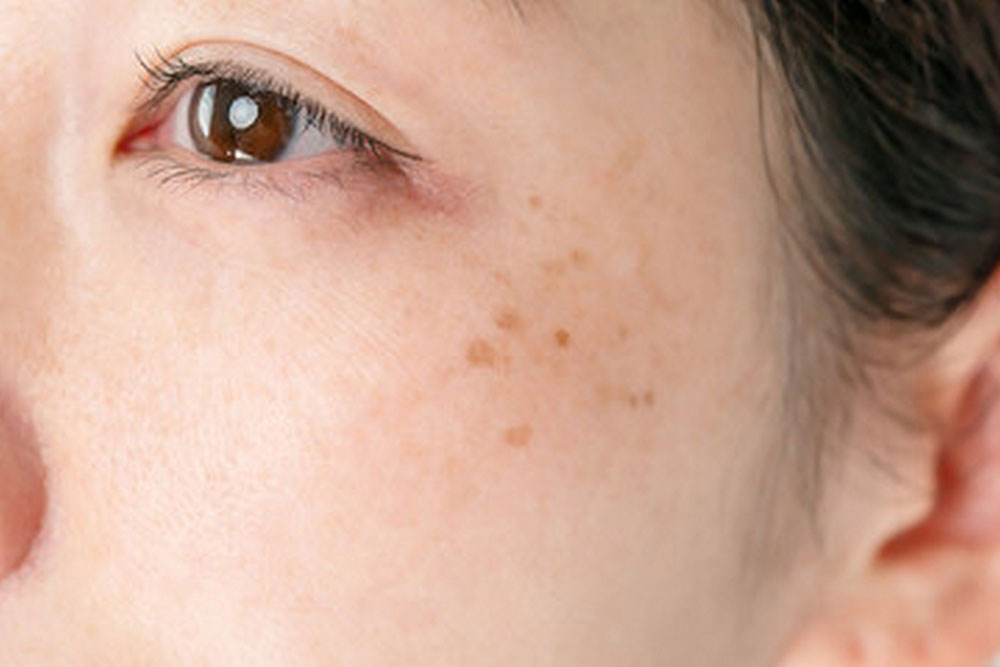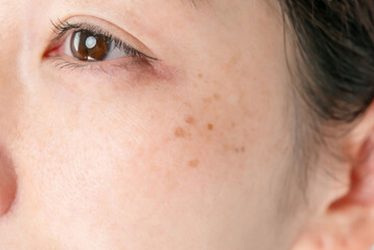Gentle approaches to manage dark patches and restore a more even skin tone.
Why Consider Treatment for Melasma?
How Does Melasma Treatment Work?
- Topical creams: Contain ingredients that lighten dark spots and regulate pigment production.
- Chemical peels: Gently exfoliate the skin to improve tone and texture.
- Laser or light-based therapies: Target deeper pigmentation with controlled energy.
- Sun protection: Daily use of sunscreen is essential to prevent patches from darkening.
What Happens During Treatment?
- Before: A skin assessment helps identify the type of melasma and rule out other causes of pigmentation.
- During: Depending on the treatment, you may apply prescribed creams at home, or attend clinic sessions for peels or laser therapy.
- After: Some redness, peeling, or mild sensitivity may occur, especially with peels or laser sessions. Sun protection and gentle skincare are vital for long-term success.
What Kind of Results Can You Expect?
- Gradual lightening of dark patches
- More even skin tone over time
- Best results often achieved with a combination of treatments and ongoing maintenance
- Melasma may recur with sun exposure or hormonal changes, so continued care is important
Any Side Effects to Know About?
- Redness, dryness, or peeling from creams or peels
- Temporary sensitivity or darkening before improvement
- Rare risks like irritation or pigmentation changes, especially without proper aftercare
Why Women Choose Melasma Treatment at NeuGlow
Quick FAQs
What causes melasma?
Triggers include sun exposure, hormonal changes (like pregnancy or contraceptives), and genetics.
Can melasma go away completely?
It can improve with treatment, but it may come back with triggers such as sun or hormonal changes.
How long before I see results?
Results are gradual. Improvement may be noticed within weeks to months, depending on the treatment plan.
Is sunscreen really necessary?
Yes. Sun exposure is a major trigger, and daily sunscreen is one of the most important steps in managing melasma.
Is it safe during pregnancy?
Some treatments aren’t recommended during pregnancy, but your doctor can guide you on safe options like sun protection and gentle skincare.






